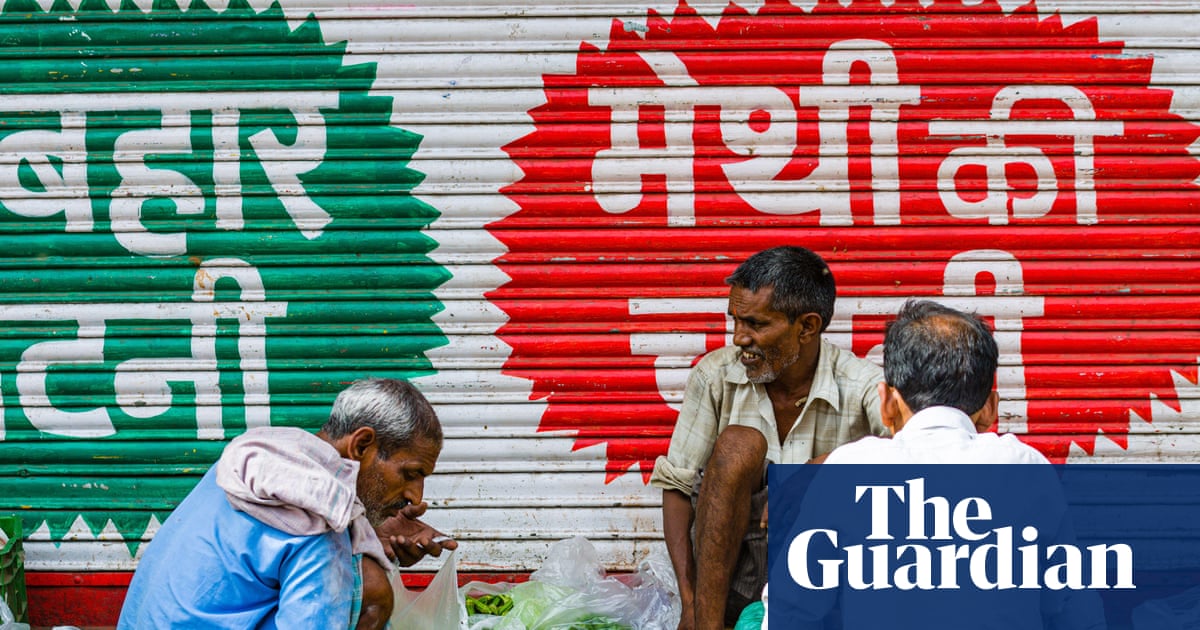A few years back, my dad was diagnosed with a tumour on his tongue – which meant we had some choices to weigh up. My family has an interesting dynamic when it comes to medical decisions. While my older sister is a trained doctor in western allopathic medicine, my parents are big believers in traditional remedies. Having grown up in a small town in India, I am accustomed to rituals. My dad had a ritual, too. Every time we visited his home village in southern Tamil Nadu, he’d get a bottle of thick, pungent, herb-infused oil from a vaithiyar, a traditional doctor practising Siddha medicine. It was his way of maintaining his connection with the kind of medicine he had always known and trusted.
Dad’s tumour showed signs of being malignant, so the hospital doctors and my sister strongly recommended surgery. My parents were against the idea, worried it could affect my dad’s speech. This is usually where I come in, as the expert mediator in the family. Like any good millennial, I turned to the internet for help in guiding the decision. After days of thorough research, I (as usual) sided with my sister and pushed for surgery. The internet backed us up.
We eventually got my dad to agree and even set a date. But then, he slyly used my sister’s pregnancy as a distraction to skip the surgery altogether. While we pestered him every day to get it done, he was secretly taking his herbal concoction. And, lo and behold, after several months the tumour actually shrank and eventually disappeared. The whole episode earned my dad some bragging rights.
At the time, I dismissed it as a lucky exception. But recently I’ve been wondering if I was too quick to dismiss my parents’ trust in traditional knowledge, while accepting the authority of digitally dominant sources. I find it hard to believe that my dad’s herbal concoctions worked, but I have also come to realise that the seemingly all-knowing internet I so readily trusted contains huge gaps – and that, in a world of AI, it’s about to get worse.
The irony isn’t lost on me that this dilemma has emerged through my research at a university in the United States, in a setting removed from my childhood and the very context where traditional practices were part of daily life. At Cornell University, New York, I study what it takes to design responsible AI systems. My work has been revealing, showing me how the digital world reflects profound power imbalances in knowledge, and how this is amplified by generative AI (GenAI). The early internet was dominated by the English language and western institutions, and this imbalance has hardened over time, leaving whole worlds of human knowledge and experience undigitised. Now, with the rise of GenAI – which is trained on this available digital corpus – that asymmetry threatens to become entrenched.
For many people, GenAI is emerging as the primary way to learn about the world. A large-scale study published in September 2025, analysing how people have been using ChatGPT since its launch in November 2022, revealed that around half the queries were for practical guidance, or to seek information. These systems may appear neutral, but they are far from it. The most popular models privilege dominant ways of knowing (typically western and institutional) while marginalising alternatives, especially those encoded in oral traditions, embodied practice and languages considered “low-resource” in the computing world, such as Hindi or Swahili.
By amplifying these hierarchies, GenAI risks contributing to the erasure of systems of understanding that have evolved over centuries, disconnecting future generations from vast bodies of insight and wisdom that were never encoded yet remain essential, human ways of knowing. What’s at stake, then, isn’t just representation: it’s the resilience and diversity of knowledge itself.
GenAI is trained on
Continue Reading on The Guardian
This preview shows approximately 15% of the article. Read the full story on the publisher's website to support quality journalism.
